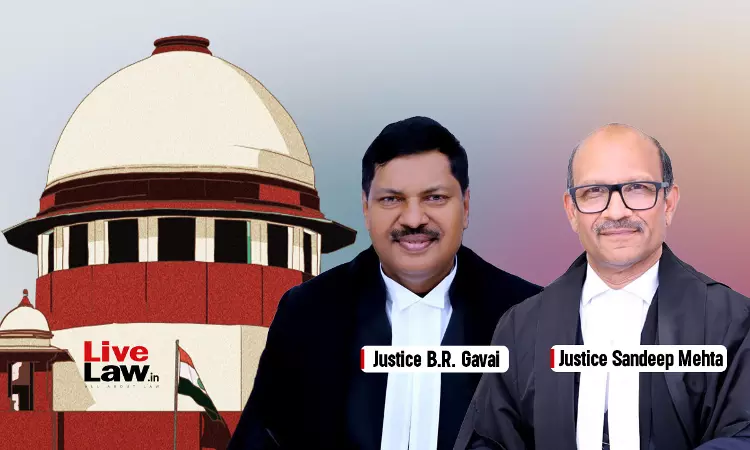Cooperation With Investigation Doesn't Mean Accused Should Confess To Crime : Supreme Court
LIVELAW NEWS NETWORK
8 Aug 2024 11:54 AM IST

Next Story
8 Aug 2024 11:54 AM IST
The Supreme Court has reiterated that cooperation with the investigation does not mean that the accused must confess to the investigating officer."We are of the firm opinion that non-cooperation by the accused is one matter and the accused refusing to confess to the crime is another. There would be no obligation upon the accused that on being interrogated, he must confess to the crime and...
